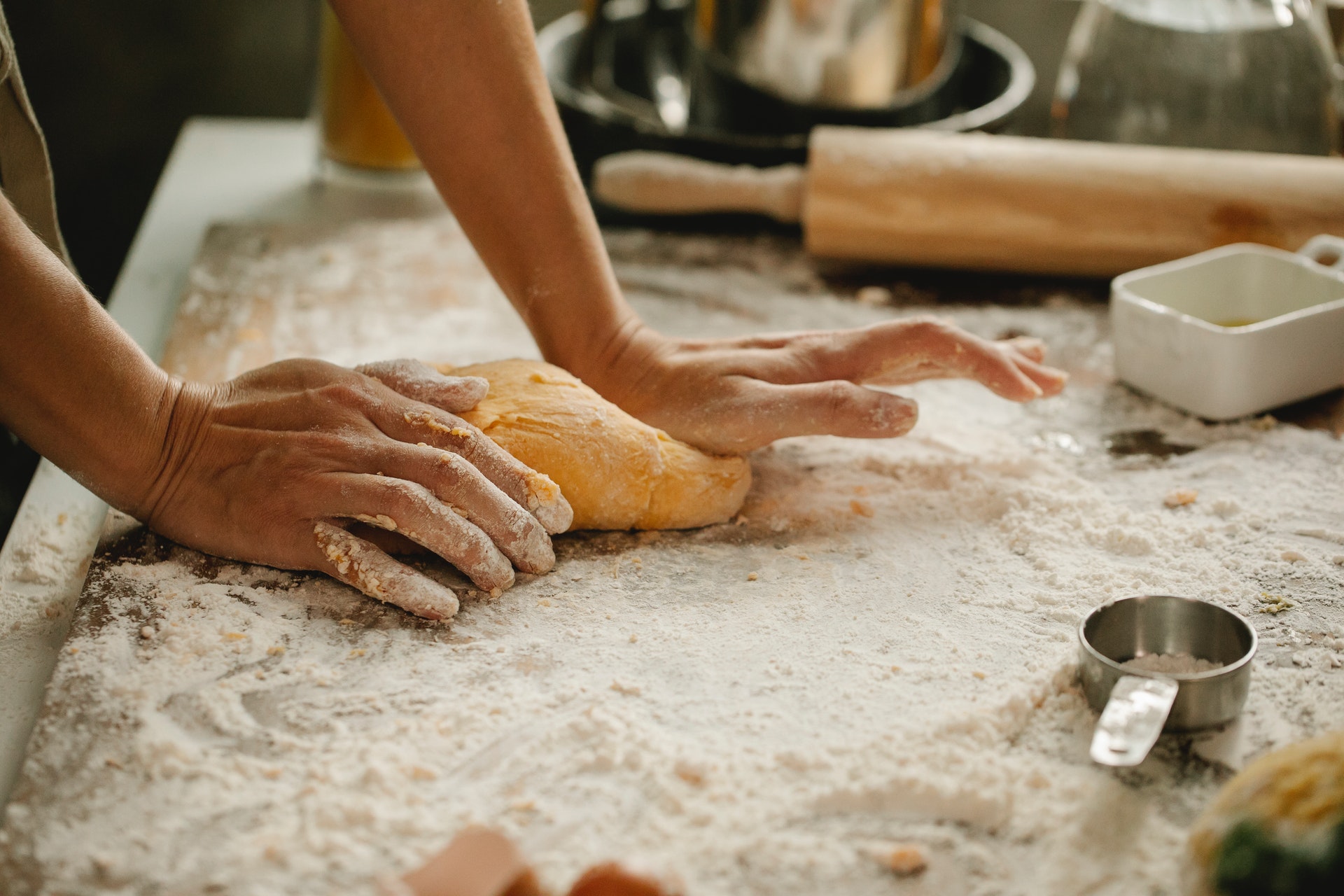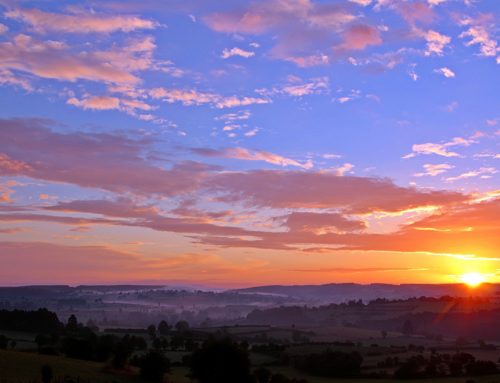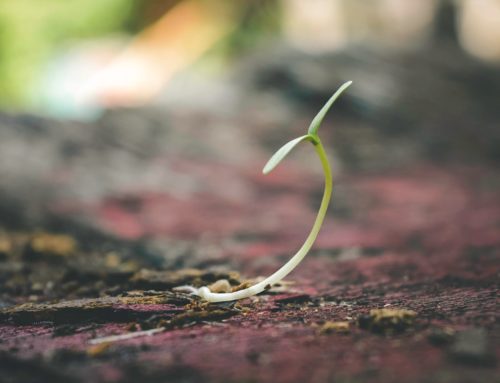As I write we in Victoria have been given a reprieve as restrictions ease. It’s as though we have been trudging through a cold wintery day and all of a sudden the clouds break and the sun shines through. Yesterday I went up to the Austen Tea Rooms for a cuppa with a friend, and walked through the cold grey drizzle to enjoy a coffee together. However by the time we finished we came out to blue skies and sunshine and I said, ‘Did we stay in there a whole day, because this seems very different to when we went in!’ Blue skies and sunshine can do that for us, just as people with a ‘sunny’ personality can lift our spirits. I imagine that Jesus was like that. I imagine that Jesus was not the sort of person who walked around with a dark cloud hanging over him but rather as though sunshine shone out of him.
Certainly from the gospels it seems people were drawn to him not simply because he could heal, but because he himself was whole and wholesome, which is where the word ‘holy’ comes from. Its not about being other worldly but about being completely and wholesomely human, loving and just. Of course one of the things about that was that while Jesus is always there for us as a warm and inviting friend, there will always be more to him, and that more will always gently challenge us and at the same time draw us toward that wholeness which we find in Jesus.
That’s evident in the Gospel story for this Sunday. Jesus has fed the five thousand in the wilderness evoking in our mind the story of the Exodus and manna in the wilderness where God through Moses sustained His people on their journey to the freedom and justice of their new home. However, the people seem to want more and Jesus says to them, ‘Do not work for the food that perishes but for the food that endures for eternal life.’ That is, Jesus offers something more than food in our bellies, or the immediate and insistent desires and wants that sometimes drive us.
Many years ago I worked as a cook in the Abbey kitchens on the Island of Iona in Scotland. I was one of the volunteers along with a Danish girl and several others. One day Renata, the Danish girl, came into the kitchen and complained about the bread we used. ‘This is nothing bread,’ she said. I asked her what she meant and she told me about the heavy black rye bread that was the staple in Denmark where she lived, and how much she missed it. When she left the kitchen I took down the big recipe book off the shelf and found a recipe for Black Bread and set to work. It would be a surprise if it worked but I didn’t want to lift her hopes in case it didn’t rise properly. I was concerned about that because we were in the heart of a very cold winter so I decided to prove the bread in the clothes horse where we hung the tea-towels to dry. It was warm and steamy and it seemed to do the trick. Needless to say the bread worked and brought the biggest smile to Renata I had ever seen.
However, our Gospel story goes much further than better bread, for Jesus offers us the kind of food that sustains us and upholds us through the deepest tragedy and darkest grief. He offers us his friendship, his guidance, his justice all wrapped up in the life he gives us in himself. When Jesus said, ‘Do not work for the food that perishes but that which endures for eternal life,’ the crowd said, ‘What must we do to get this?’ Now this might sound simplistic, or even too easy, but Jesus’ response is that we believe in him. He wants our friendship, our trust in him, our engagement and company, our willingness to share our lives and trust his promises. ‘I am the bread of life. Whoever comes to me will never be hungry, and whoever believes in me will never be thirsty.’
Being present to someone, emotionally present and attentive can be very enriching but also demanding. Being a friend is not just to be on the receiving end, but to make time and energy and emotional space in our lives for the other, consistently and faithfully. It is rewarding and deeply fulfilling, and because it is a friendship we choose it’s not drudgery but rather something which enlivens us. We look forward to catching up with friends and sharing our lives. As friendships develop we often share more, even the dark side of ourselves, our failures and weaknesses. When we do that we are trusting our lives to another, we offer the other a gift and that’s precious. Jesus wants to do that for us when he offers himself to us as the bread of life. And it is in the sacrament of Holy Communion that this is offered to us in and through the physical elements of bread and wine. Its not just an empty symbol but a spiritual gift.
Peter
Photo by Klaus Nielsen from Pexels





